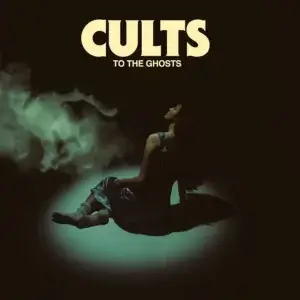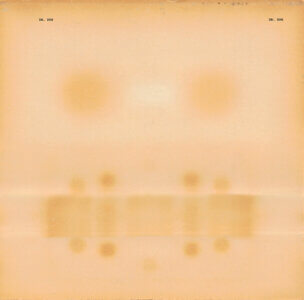
8.5
MAGDELENE
FKA Twigs
When FKA Twigs made her full-length debut with LP1 in 2014, the English singer-songwriter won recognition from the Mercury Prize and countless year-end best-of lists. Since then, she has stayed busy with a multifaceted output across multiple platforms. In 2015, she released her third EP, titled M3LL155X, and an accompanying short film. She took part in artist residencies and a role in the feature film Honey Boy. She even curated an Instagram magazine called AVANTgarden. But only now has she returned with her riveting sophomore album MAGDALENE.
Despite all these accomplishments, she found herself facing a crisis of confidence. MAGDALENE was born during this period, amidst heartbreak and laparoscopic surgery: in December 2017, she had six fibroid tumours removed from her uterus. MAGDALENE captures her trying to work through the emotional and physical tolls these life events took on her.
“I never thought heartbreak could be so all-encompassing. I never thought that my body could stop working to the point that I couldn’t express myself physically in the ways that I have always loved and found so much solace,” she said in a statement about the album. She called this period her “most ungraceful, confused, and fractured.” MAGDALENE lacks linearity, but that’s one characteristic that makes the album compelling.
“Mary Magdalene” chimes and squeaks with scrambled electronic frequencies. The cavernous “Thousand Eyes” wafts into the disorienting flurries of “Home with You.” “Fallen Alien” is despairing and confrontational: “I’m a fallen alien…. I’m searching for a light to take me home and guide me out.” She seems to call herself out: “In the blazing sun, I saw you. In the shadows, hiding from yourself.”
Her stellar voice quivers on songs like “Sad Day.” The track also features skittering, submerged electronics; percussion drops in like stalactites in a crumbling cave. Songs like “Sad Day” are fragile, delicate, tense, and chaotic. In her statement, she said she had always practiced her way into being the best she could be. “But I couldn’t do that this time. I was left with no option but to tear down every process I had ever leant into.” “Sad Day” captures the sound of her demolition job.
Overall, though, MAGDALENE is a recovery record. It’s a record of triumph. It’s lush, calming, and reflective, with moments of grace. “Day Bed” might be the only pure example of this. Otherwise, many of the songs contain dualities. Hear the exuberant swell of “Home with You,” for example. The subtle “Thousand Eyes” features sounds of trickling water and her echoing voice, gently obfuscated as it is. Minor doses of static interrupt the mostly-piano song “Mirrored Heart.” And MAGDALENE contains numerous cacophonic sprawls – mini-tornadoes of sound – but the album never sounds choppy or disjointed. Even guest vocalist Future, who contributes his trademark modified voice to “Holy Terrain,” he never feels shoehorned into the song.
Future is far from her only collaborator on MAGDALENE. LP1 won praise for its sound that couldn’t be pinned down by genre tags. MAGDALENE is no different. MAGDALENE featured many collaborators, from producing to writing. Along with herself, Nicolas Jaar and Noah Goldstein helped produce the album. Other collaborators included Koreless, Ethan P Flynn, Benny Blanco, Skrillex, Jack Antonoff, CYAN, and Daniel Lopatin. Each one of these artists is attuned to rich, subtle textures and patiently letting them take their time and course. Never rushed yet often urgent, MAGDALENE is a work of great tension and balance. It never falls into complacency, and it’s never indulgent.
review by Leslie Chu
Latest Reviews
Tracks
Related Albums
Related News
Advertisement
Looking for something new to listen to?
Sign up to our all-new newsletter for top-notch reviews, news, videos and playlists.













